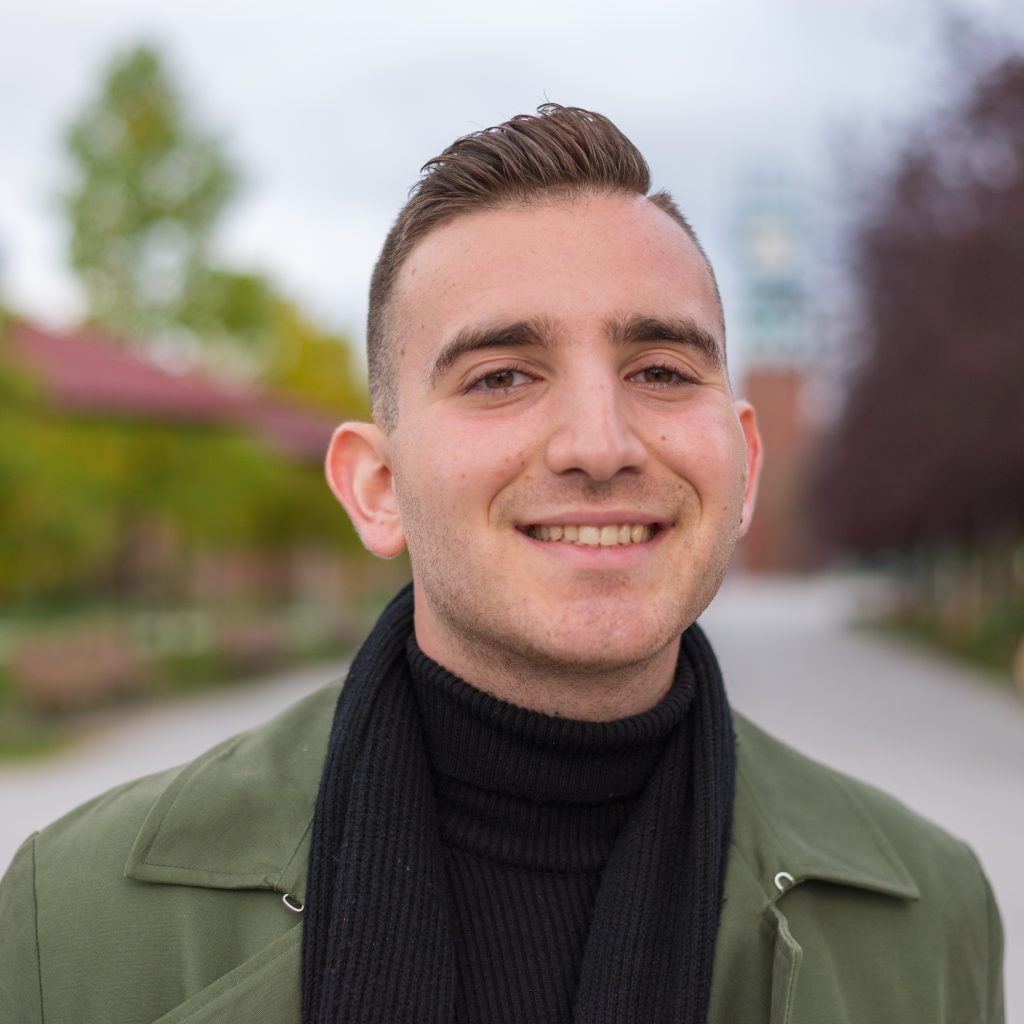Being an Individualized Major Program (IMP) student has already shaped me more than anything else in college. However, I have always felt that our program could be a lot more developed. Attending the 14th-annual Interdisciplinary and Individualized Major Programs Conference last month, I learned further development was not only a possibility, but also a necessity. This was my first time meeting other students from IMPs across the country, and I was stunned to see how well-developed these other programs were. This is in stark contrast to what I’ve seen at Binghamton University, where we have less than 10 total IMP students, few resources and very little awareness among the student body that this program exists. It is run by one academic advisor, who also serves as both a pre-law and a general Harpur College academic advisor. This is the full extent of the staff we have available to us.
Don’t get me wrong — I’ve learned so much in our program, and I’m lucky to always have the support of an incredible academic advisor. However, we can be so much more, and it is in the University’s best interest to expand this program that the majority of students seem not to know about.
This is a problem, and I’m not just saying this out of pride for my own program. As a school that prides itself on academic excellence, we are missing the opportunity to empower our students to pursue original ideas and contribute to both Binghamton and the greater world. This is a program that’s meant to be small as it’s for a very specific type of student, but, for those students, it is the best and maybe even only way they can learn. I know this was the case for me. I have had countless conversations with students in which I tell them that I made my own major, and they tell me that they had no clue this was even an option.
Wouldn’t it be weird if you talked to a senior who was just learning that they could have majored in economics? Or psychology? Or biology? These are all ways to give students a path to success in their futures and to make the large amount of money they are paying to get an education worth it. The IMP should be no exception.
At the conference, I learned about the City University of New York’s (CUNY) equivalent of this program — the CUNY Baccalaureate for Unique and Interdisciplinary Studies. It has about 300 students, many scholarship opportunities and a well-established Student Leadership Council that facilitates weekly meetings and events to connect students to others in the program and to their network of almost 7,000 alumni. The University of California at Berkeley offers specific courses created for their Interdisciplinary Studies Field students, like courses teaching interdisciplinary research skills and addressing issues like global health and capitalism from an interdisciplinary lens. A survey of IMP programs in the United States presented at the conference included responses from 68 different programs and found that 54.4 percent of these programs had over 100 students, 65 percent offered program-specific scholarships and 73.6 percent offered two or more program-specific courses, with 41.2 percent offering five or more.
When IMPs are invested, they succeed. To get there, though, what BU needs to do is allocate resources to this program in order to make it more appealing for students and to properly advertise it. Expanding this program would be beneficial for the University as well as for students.
What would this look like?
The most important thing is hiring dedicated staff to collaborate with students to help them elevate the IMP experience. I envision a program that actively works to connect its students. We can have events for IMP students to network with each other and share what we’re learning. There can be opportunities to meet alumni and learn how to leverage our unique undergraduate experience in the workforce, while having classes to further hone in on our abilities and connect them to different disciplines. There can even be a chance for the graduating seniors to present their final projects at a public event and share the awesome work they’re doing. We can have all of this, and I think once we build this program — even if it just starts with some events here and there with more staff — this program can be the center of some of the most exciting projects and transformational ideas on campus.
At the very least, people need to know IMP is an option. Awareness can and should be raised during freshman orientation, in addition to the program being advertised throughout the year. This program can be the right fit for so many students and completely change their college experience.
We are living in an increasingly complex world that urgently needs good problem solvers. If we are truly a top school, let’s show the world and produce the type of critical thinking leaders it needs. Complex issues need to be solved by people able to connect and understand differing views, carefully analyze problems and embrace the messiness of the world. This is exactly what IMP students do.
To truly live up to our motto, “From breadth through depth into perspective,” we have to support this program that encourages the creation of nuanced, interdisciplinary viewpoints. If we want to make BU a school that has a path for all its students, we need to expand the IMP.
Maximilian Kurant is a senior double-majoring with an individualized major in social systems and English.
Editor’s note (4/30/23): A previous version of this article referred to the CUNY program as “CUNY Baccalaureate for Individualized and Interdisciplinary Studies program.” This article has been fixed to reflect the accurate title, “CUNY Baccalaureate for Unique and Interdisciplinary Studies.”



